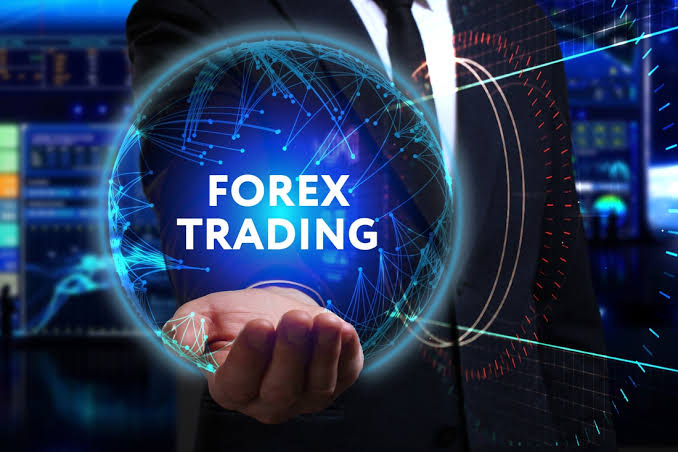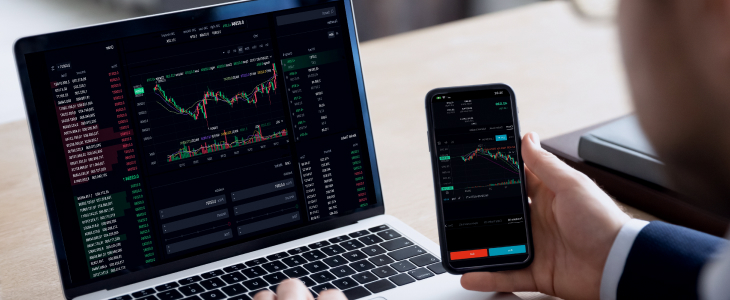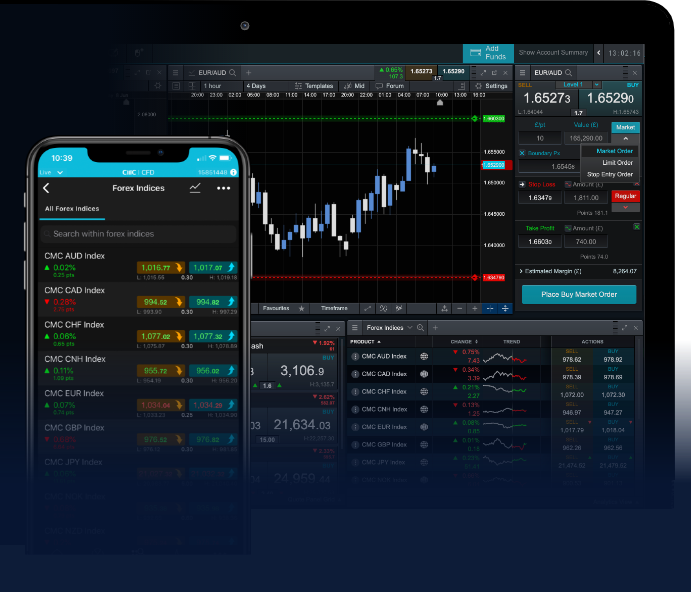
In the fast-paced world of currency exchange, ensuring regulatory compliance is essential for any Forex broker. This is where the concept of a Forex trading license comes into play. A Forex trading license not only legitimizes trading activities but also enhances trust among traders. For various insights on Forex trading licensing, visit forex trading license trading-cambodia.com. In this article, we’ll delve into the significance of obtaining a Forex trading license, its benefits, and what traders should look for in a licensed broker.
What is a Forex Trading License?
A Forex trading license is a legal authorization granted by a regulatory body that allows brokers to operate and offer trading services within a specific jurisdiction. Depending on the country, different regulations and governing bodies oversee the Forex trading market. Popular regulatory bodies include the Financial Conduct Authority (FCA) in the United Kingdom, the Commodity Futures Trading Commission (CFTC) in the United States, and the Australian Securities and Investments Commission (ASIC) in Australia.
Why is a Forex Trading License Important?
The importance of acquiring a Forex trading license cannot be overstated. Here are a few critical reasons:
- Legitimacy: A Forex trading license lends credibility and legitimacy to a broker’s operations. Traders are more likely to trust and engage with a licensed provider.
- Regulatory Oversight: Licensed brokers are subject to regular audits and assessments from regulatory bodies, ensuring compliance with established laws and regulations.
- Protection for Traders: Regulatory frameworks are designed to protect traders’ interests, including safeguarding their funds, ensuring fair trading practices, and providing avenues for dispute resolution.
- Enhanced Trading Conditions: Licensed brokers usually offer better trading conditions, including competitive spreads, faster execution times, and improved customer service.

Types of Forex Trading Licenses
There are various types of Forex trading licenses, and the choice of which to acquire often depends on the broker’s operating model and target market. Here are some of the prominent types:
- Full License: Typically granted by stricter regulatory authorities, a full license allows brokers to offer a wide range of services and products, including leveraged trading options.
- Mini License: This is often provided by less stringent regulators and may limit the scope of services a broker can offer. It is suitable for startups or brokers operating in niche markets.
- Market Maker License: This license allows brokers to act as market makers, facilitating trades by providing liquidity to their clients.
- STP License: STP (Straight Through Processing) brokers do not take the opposite side of a trade, instead passing the order to liquidity providers. This license is often more focused on transparency and lower risk.

How to Choose a Licensed Forex Broker
For traders, knowing how to identify a licensed Forex broker is crucial to ensuring a safe trading experience. Here are some tips:
- Check the Regulatory Body: Verify the regulatory authority that has issued the broker’s license. Reputable organizations like the FCA, ASIC, and CFTC hold strict standards that brokers must meet.
- Review the Broker’s Terms and Conditions: Look for comprehensive disclosures about trading conditions, fees, and services provided. A transparent broker is more likely to be reputable.
- Read Reviews and Testimonials: Investigate the broker’s reputation through user reviews and market forums to assess their reliability and overall performance.
- Test Customer Support: Contacting customer support before opening an account can provide insights into how responsive and helpful the broker is.
The Licensing Process for Forex Brokers
For brokers looking to obtain a Forex trading license, the process usually involves several steps:
- Research: Understand the requirements and regulations of the target jurisdiction, including capital requirements and documentation.
- Application Submission: Prepare the necessary documents and submit an application to the appropriate regulatory body.
- Compliance Checks: The regulatory authority will conduct thorough checks to verify that the broker meets all necessary criteria.
- Approval and Issuance: Once approved, the broker receives the trading license and can begin operations legally.
Future Trends in Forex Trading Licensing
As the Forex market evolves, so does the regulatory landscape. Trends such as the increasing push for transparency, the rise of fintech and blockchain technologies, and the need for stricter fraud prevention measures are reshaping the industry. Here are a few potential trends:
- Increased Regulation: As technology advances and new trading methods emerge, we can expect tighter regulations to safeguard traders against emerging risks.
- Global Harmonization: There may be initiatives aimed at harmonizing regulations across jurisdictions, making it easier for brokers to operate globally.
- Focus on Retail Traders: With the growing participation of retail traders in the Forex market, regulations will likely shift to offer more protections specifically tailored to this demographic.
Conclusion
Obtaining a Forex trading license is an essential step for brokers looking to establish credibility and gain the trust of traders. While navigating the complexities of licensing can be challenging, it ultimately leads to a safer and more efficient trading environment. For traders, partnering with a licensed broker is crucial, as it offers peace of mind and protections against potential market risks.
In conclusion, whether you are a trader or a broker, understanding Forex trading licenses is vital to ensure a secure and legitimate trading experience. Always conduct your due diligence and stay informed about regulatory updates to thrive in this dynamic market.